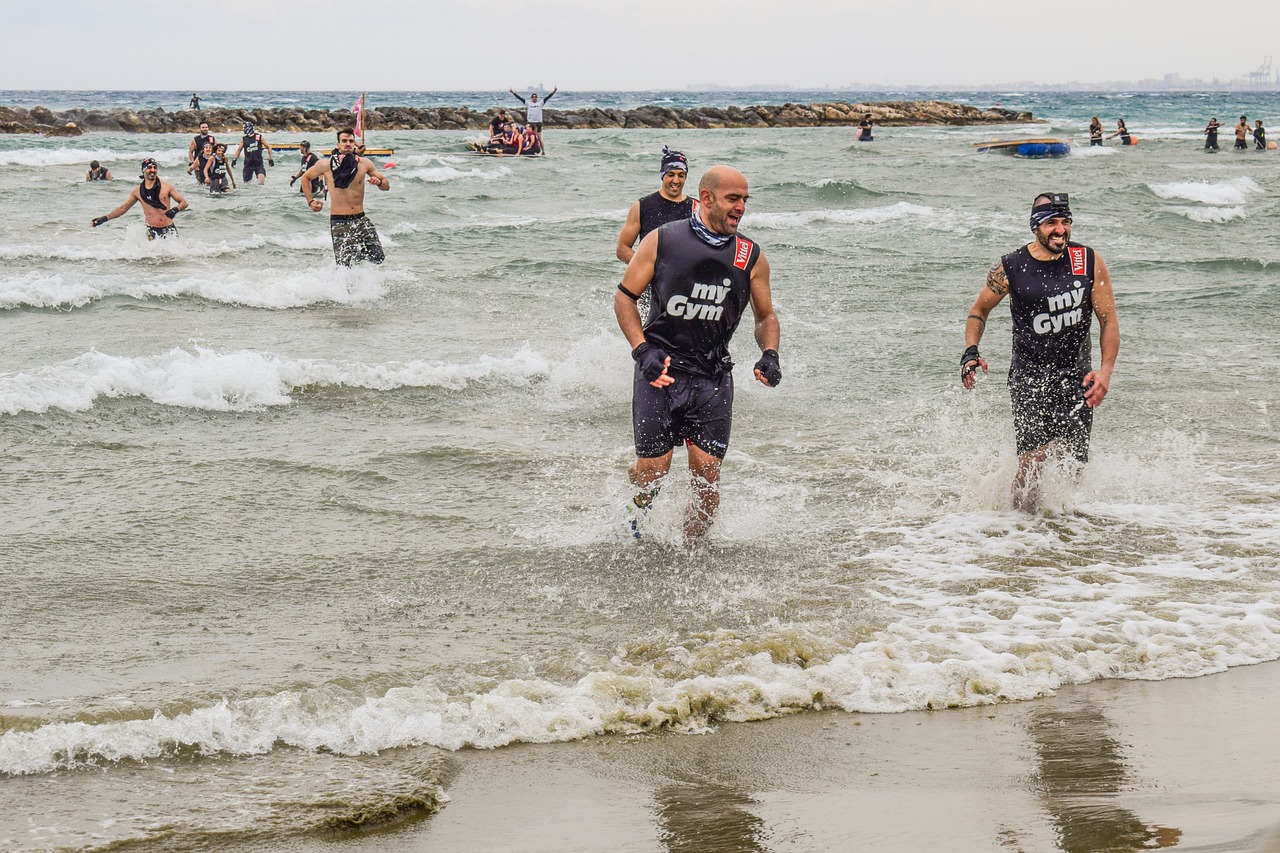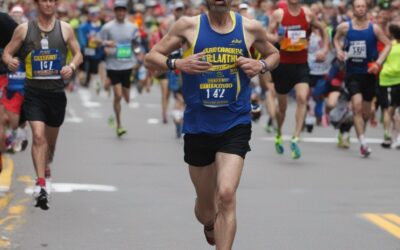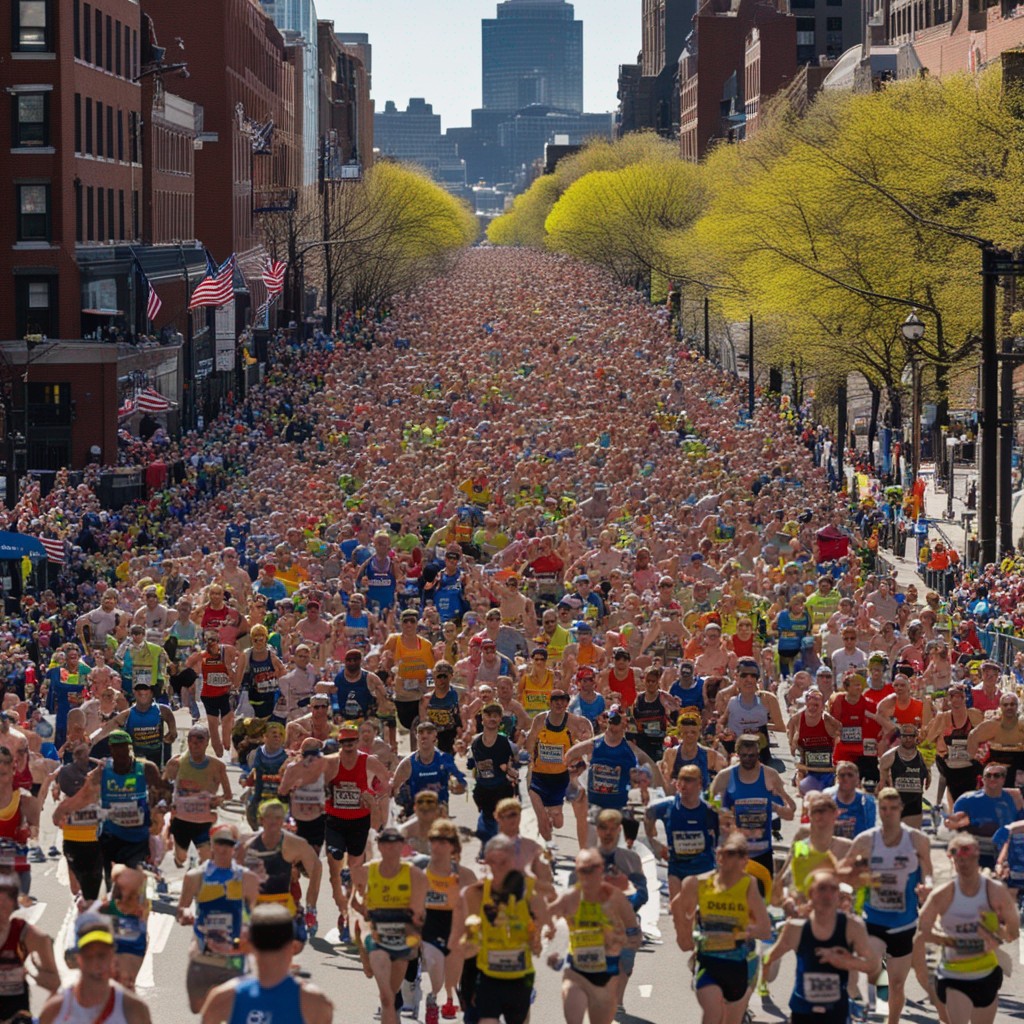Preparing for a fitness event can be a challenging experience, both physically and mentally. To achieve peak performance, you need to pay attention to several factors, including your training regimen, sleep patterns, and nutrition. In this article, we’ll focus on the role of nutrition in preparing for a fitness event. We’ll cover the basics of nutrition for athletes, the specific dietary requirements for different types of fitness events, and some tips to help you optimize your nutrition plan.
The Basics of Nutrition for Athletes
Before we delve into the specifics of preparing for a fitness event, it’s essential to understand the basics of nutrition for athletes. A well-balanced diet is critical for overall health and wellness, but it’s especially important for athletes. The following nutrients are essential for optimal performance:
- Carbohydrates: Carbohydrates are the primary source of energy for the body. They provide the fuel needed for exercise, and without enough carbohydrates, athletes may feel sluggish and fatigued. Good sources of carbohydrates include whole-grain bread, pasta, rice, fruits, and vegetables.
- Protein: Protein is essential for building and repairing muscle tissue. It’s also important for maintaining a healthy immune system. Good sources of protein include lean meats, poultry, fish, beans, and nuts.
- Fat: While often demonized, fat is an essential nutrient that provides energy, supports cell growth, and helps the body absorb certain vitamins. Good sources of healthy fats include avocados, nuts, seeds, and fatty fish.
- Vitamins and Minerals: Athletes need adequate amounts of vitamins and minerals to support overall health and wellness. Good sources include fruits, vegetables, whole grains, and lean meats.
- Hydration: Adequate hydration is critical for athletes, as even mild dehydration can affect performance. Athletes should aim to drink at least eight glasses of water per day, and more during exercise.
Specific Dietary Requirements for Different Types of Fitness Events
The dietary requirements for athletes preparing for a fitness event will depend on the type of event they’re participating in. Here’s a breakdown of the specific dietary requirements for different types of fitness events:
- Endurance Events: Endurance events, such as marathons, triathlons, and long-distance cycling, require a significant amount of energy. Athletes preparing for endurance events should focus on consuming carbohydrates to provide the necessary fuel for prolonged exercise. Aim to consume complex carbohydrates, such as whole grains and vegetables, rather than simple sugars found in candy and soda. Protein is also important for endurance athletes, as it helps repair muscle tissue. Good sources of protein include lean meats, poultry, fish, and plant-based protein sources, such as beans and nuts. Finally, endurance athletes should prioritize hydration, as they’ll be sweating out a significant amount of fluids during the event.
- Strength Events: Strength events, such as powerlifting and weightlifting competitions, require athletes to build and maintain muscle mass. Athletes preparing for strength events should focus on consuming adequate amounts of protein, as it’s essential for building and repairing muscle tissue. Aim to consume 1.2 to 1.7 grams of protein per kilogram of body weight per day. Carbohydrates are also important for strength athletes, as they provide the energy needed to lift heavy weights. Good sources of carbohydrates include whole grains, fruits, and vegetables. Finally, hydration is critical for strength athletes, as it helps maintain muscle function and prevents cramping.
- Team Sports: Team sports, such as soccer, basketball, and football, require a combination of endurance and strength. Athletes preparing for team sports should focus on consuming a well-balanced diet that includes carbohydrates, protein, and healthy fats. Aim to consume complex carbohydrates, such as whole grains and vegetables, rather than simple sugars found in candy and soda. Protein is also important for team sport athletes, as it helps repair muscle tissue and support immune function. Good sources of protein include lean meats, poultry, fish, and plant-based protein sources, such as beans and nuts. Finally, hydration is critical for team sport athletes, as they’ll be sweating out fluids during the game and need to replenish those fluids to maintain performance.
Tips for Optimizing Your Nutrition Plan
Now that we’ve covered the basics of nutrition for athletes and specific dietary requirements for different types of fitness events, let’s discuss some tips to help you optimize your nutrition plan.
- Plan Ahead: Planning ahead is key to ensuring you have the right foods on hand when you need them. Take the time to meal prep and pack snacks for the on-the-go. This will help you avoid the temptation of fast food and vending machine snacks.
- Eat Frequently: Instead of eating three large meals a day, aim to eat five to six smaller meals throughout the day. This will help keep your energy levels stable and prevent hunger pangs.
- Listen to Your Body: Your body is the best indicator of what it needs. If you’re feeling fatigued, hungry, or thirsty, listen to those signals and respond accordingly.
- Experiment with Timing: Experiment with the timing of your meals and snacks to find what works best for you. Some athletes find that eating a small snack before bed helps them sleep better, while others prefer to eat a larger meal earlier in the day.
- Consider Supplements: While a well-balanced diet should provide all the nutrients your body needs, some athletes may benefit from supplements. Speak with a healthcare professional or registered dietitian to determine if supplements are right for you.
Conclusion
In conclusion, nutrition plays a critical role in preparing for a fitness event. Athletes need a well-balanced diet that includes adequate amounts of carbohydrates, protein, healthy fats, vitamins, and minerals to support optimal performance. The specific dietary requirements will depend on the type of fitness event you’re participating in, but all athletes should prioritize hydration. By planning ahead, eating frequently, listening to your body, experimenting with timing, and considering supplements, you can optimize your nutrition plan and achieve peak performance. Remember, the journey to achieving your fitness goals is a marathon, not a sprint, and proper nutrition is essential for long-term success.
We welcome any suggestions or questions. You can email us or contact us using the contact page.
You can also connect with us on the following social networks:









0 Comments